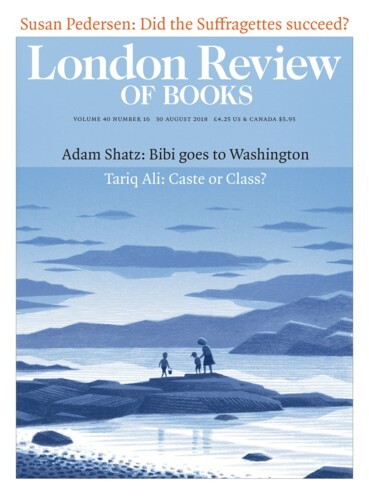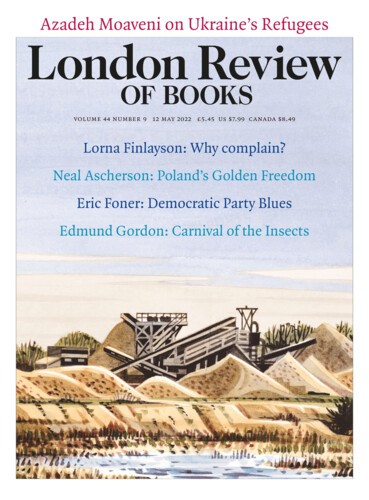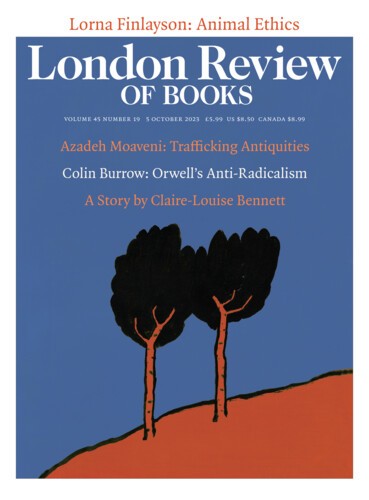The Garment of Terrorism
Azadeh Moaveni, 30 August 2018
Teaching at Kingston University, where Muslim women form a sizeable percentage of the student body, I noticed that some Muslim girls start their first year unveiled, only to discover that hijabi fashionistas are the ruling clique on campus. They return for second year wearing a headscarf or turban. Hijabs are cool, just like beards are cool, just like Muslim piety is cool; wearing them gives meaning to a perplexing, unjust world and lends the wearer a coherent, dignified transnational identity. It is the language of multiple rebellions: against keep your head down, ‘coconut’ parents; against the state that views your religion as a security problem; against a press that delights in your racist humiliation.





